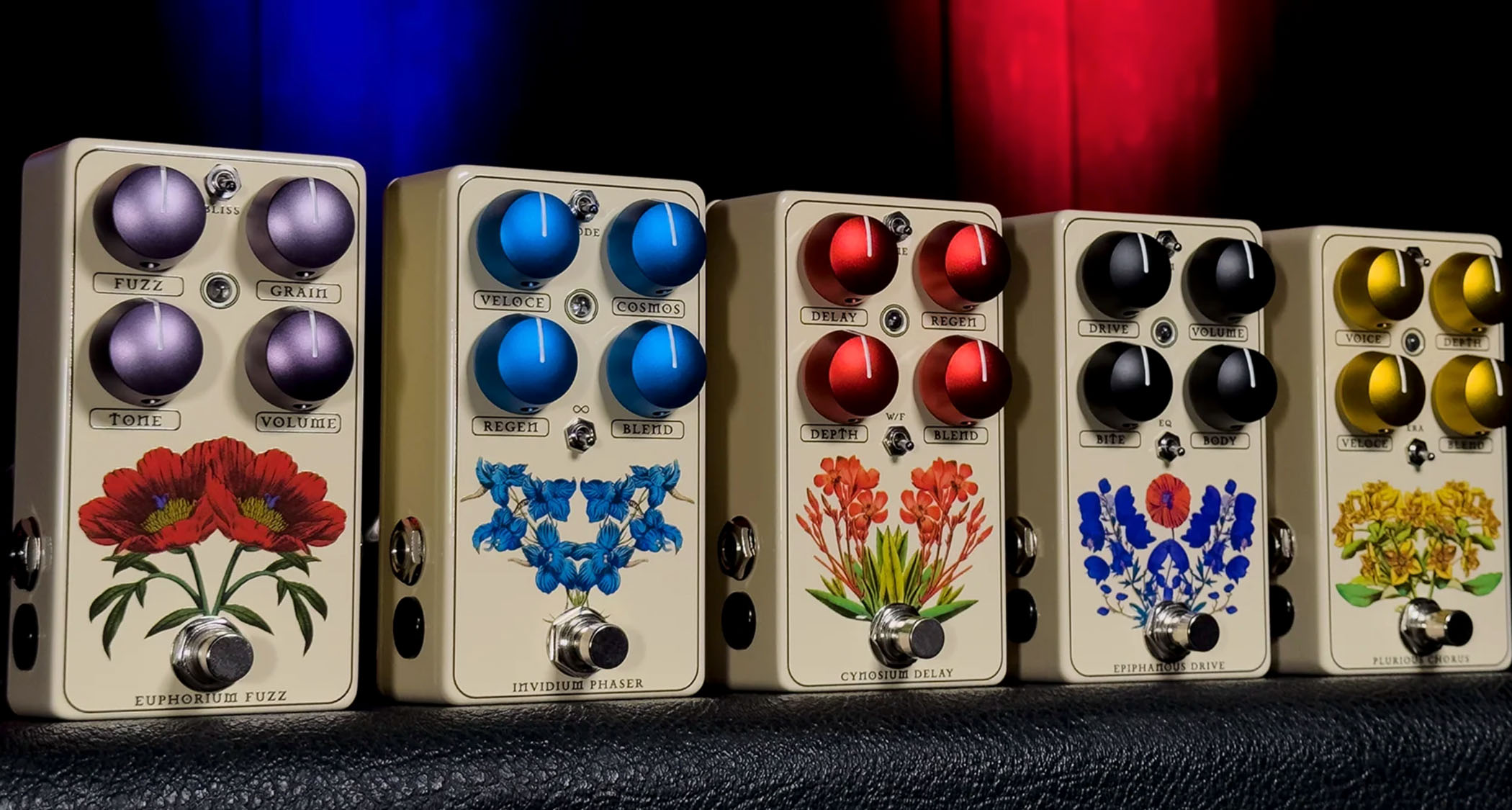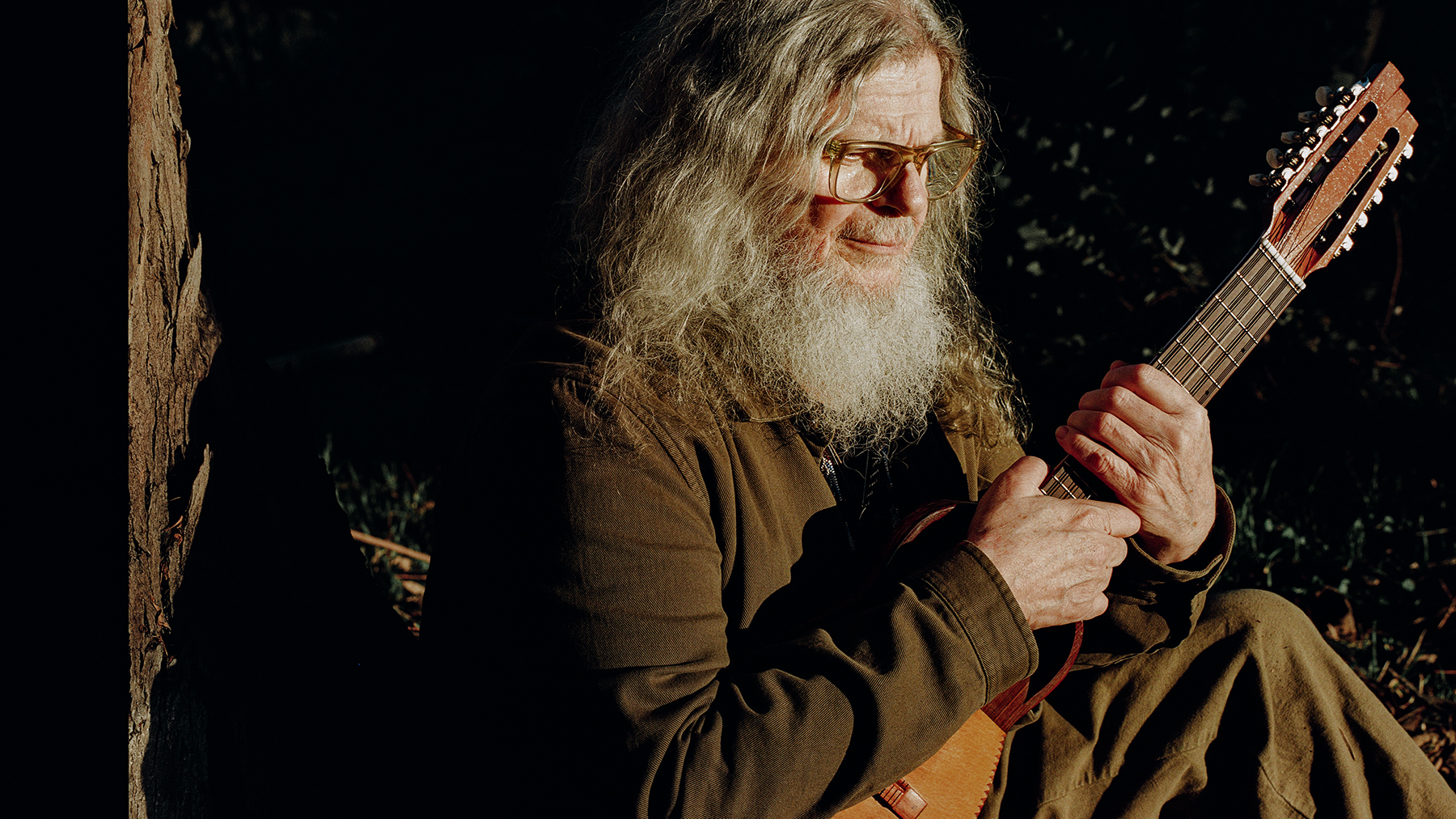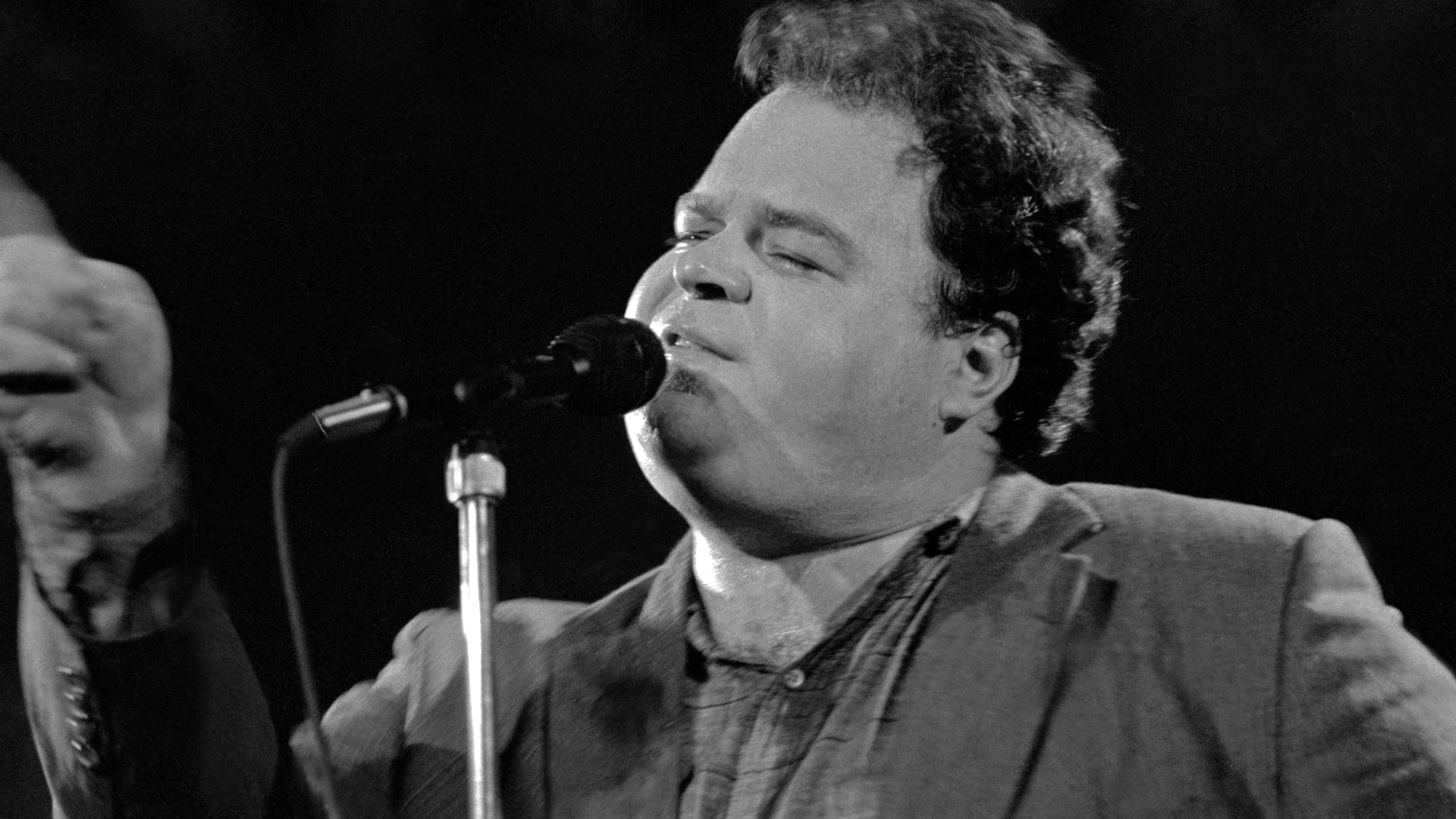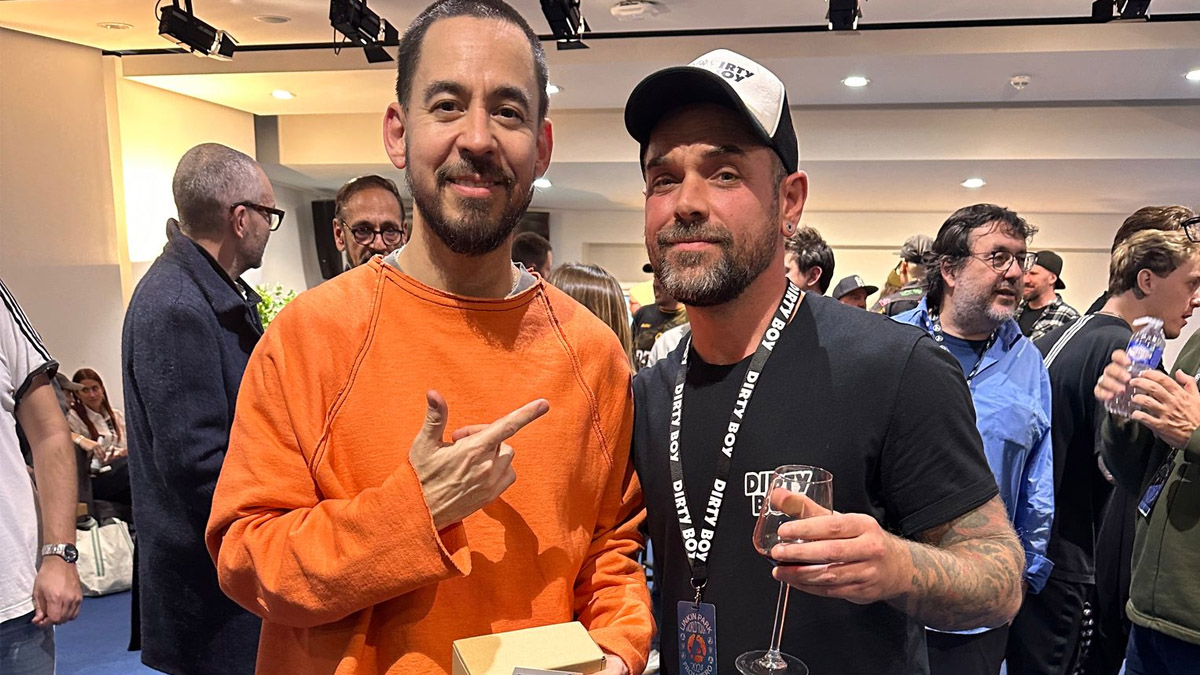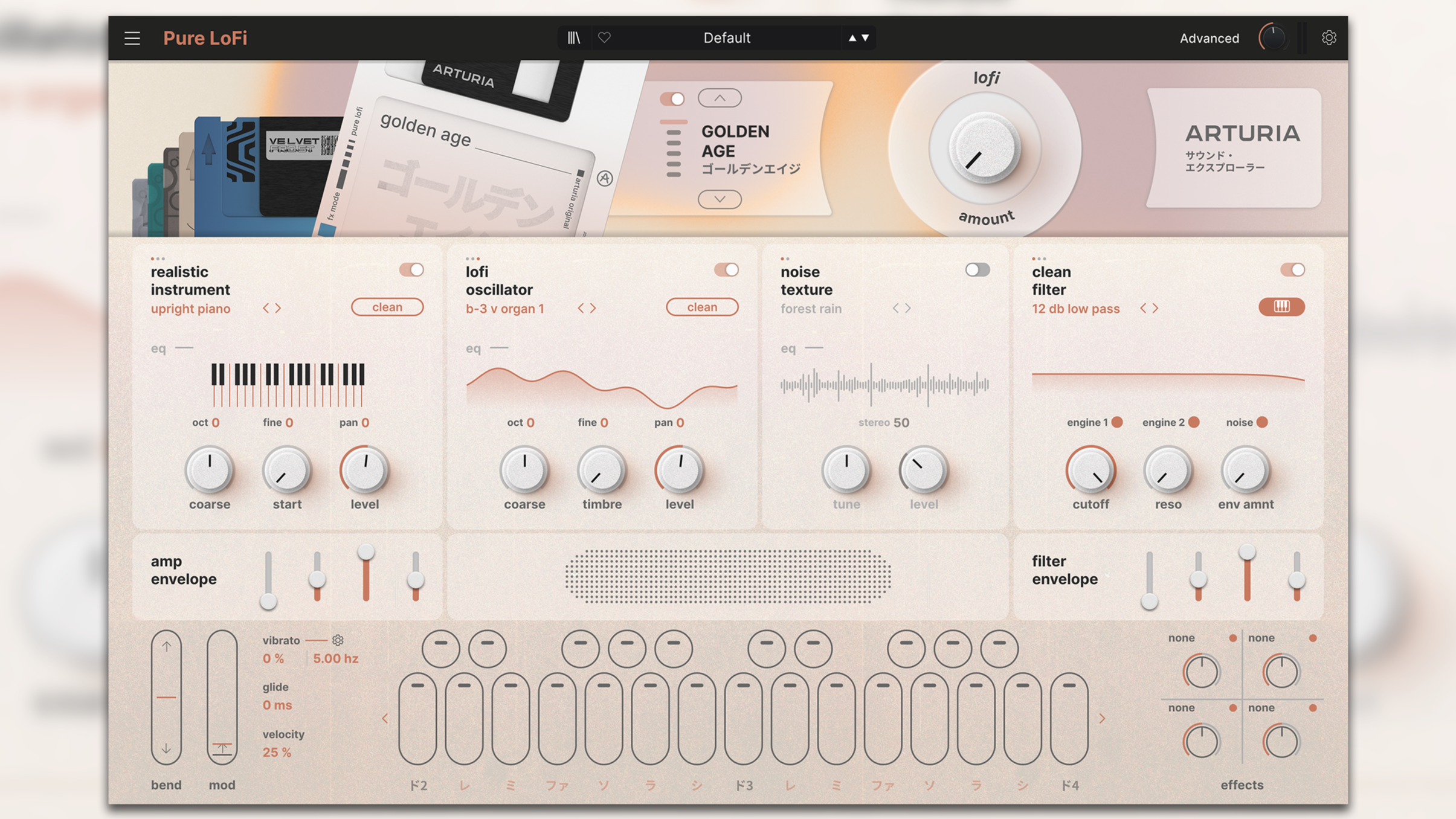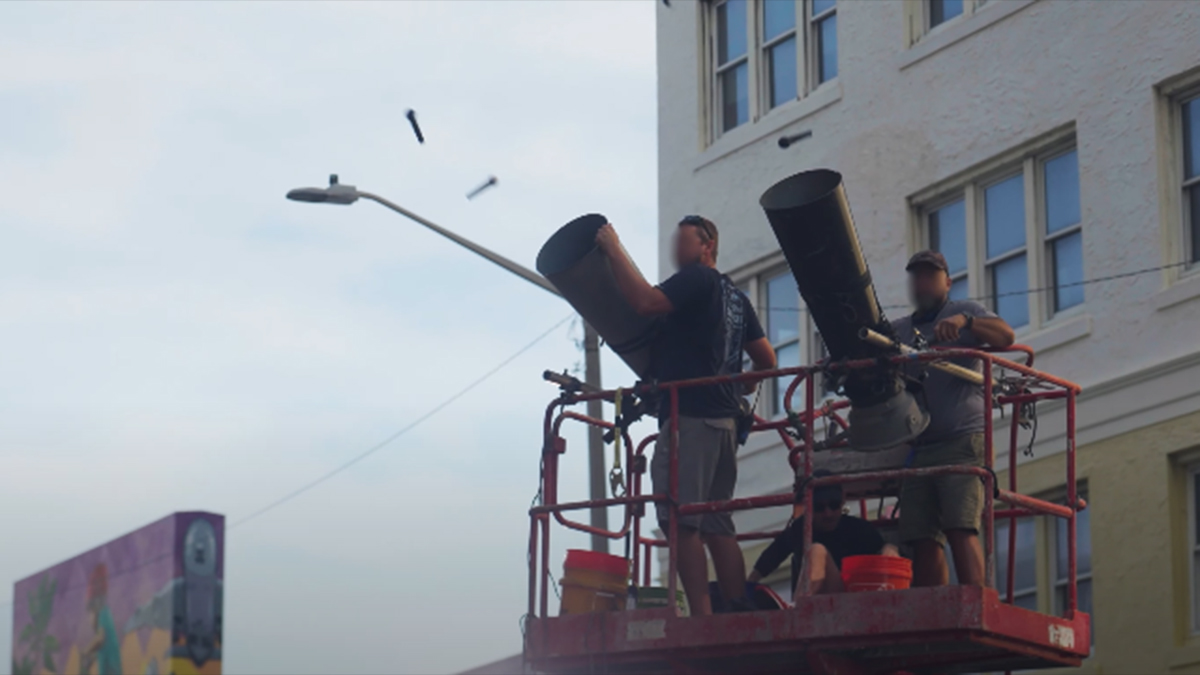Sigala: 5 things I’ve learned about music production
“Making music is a lot of trial and error, and the best idea might not necessarily be the first one”

MusicRadar's best of 2018: Since scoring his first UK number 1 single in 2015 with Easy Love, Sigala - AKA Bruce Fielder - has become a one-man hit factory, albeit one who’s been able to call on some star names to provide vocals. He’s scored other chart smashes that include ‘featuring’ spots from the likes of John Newman, Craig David, Ella Eyre and, most recently, Paloma Faith, with whom he released the 2018 hit Lullaby.
With both jazz piano and music production skills in his locker, it’s clear that Bruce has all the skills he needs to keep racking up the platinum-selling singles; his new release, Feels Like Home, is a collaboration with Fuse ODG, Sean Paul and Kent Jones. This will be followed by an album, Brighter Days, that will be released in September.
We wanted to find out what’s made Sigala so successful, so asked him to tell us the five things he’s learned about music production.
1. If it's not right first time, don't give up
“I used to watch a lot of videos on the making of tracks where the producer would sit there and say ‘this is how I made it’. It seemed so easy - like it just fell out of them in a couple of hours, and the elements in that production were the first things they tried.
“As time went on and I began to meet and talk to other producers and artists, some of whose videos I used to watch, I started to realise that it's not always the case. I have songs where I have made the full production in just one day, and others which have taken nearly 200 hours to get right, and which have gone through various different versions. Some tracks I have completely scrapped everything except the vocal and started from scratch several times, then compared all the versions and worked on the best one.
“So if it’s not sounding how you want it, don't give up. Making music is a lot of trial and error, and the best idea might not necessarily be the first one.”
2. Streamline your setup
“My setup is still the same as it was 10 years ago: a computer, a set of monitors and a MIDI keyboard. I have worked in studios with loads of outboard gear and, although its always fun to experiment with new equipment, I find these things tend to only hinder my workflow. I'll spend two hours getting an amazing reverb sound then forget what I was actually trying to do. It's great for the very end of the process, but when inspiration strikes I want to just get down my ideas quickly with no distractions.
Get the MusicRadar Newsletter
Want all the hottest music and gear news, reviews, deals, features and more, direct to your inbox? Sign up here.
“So if you're producing records in your bedroom with a laptop and headphones, don't feel like you're missing out on a big snazzy studio. You have all the tools you need right there.”
3. If it sounds great, leave it
“When I first started producing I would put Sausage Fattener on literally everything because it made it sound big and compressed and fat. But some elements in your mix don't need to sound fat; if you use a snare sample and it sounds great then don't process it just for the sake of it. A lot of soft synths also sound so good straight out of the box that they don't need massive amounts of processing. Dynamics are so important in music, and you can ruin a mix by compressing everything so much that nothing has space to breathe.”
If you're producing records in your bedroom with a laptop and headphones, don't feel like you're missing out on a big snazzy studio. You have all the tools you need right there.
4. Solo things one by one
“This is a process I use a lot when I am nearly finished on a track. I find it a great way to mix. I will loop a section and start with just the kick and then solo the bass too and make sure they work together. Next, I'll start to solo the other synths, EQing and adjusting the levels as I go. I will also start to carve out space in the mix to make room for my main sounds - maybe take some 5k out of my chordy synths to make room for my melody or vocal.
“If I have several layers serving a similar purpose I will try soloing different combinations to find which is the most important sound and adjust the levels appropriately. It's difficult to explain this process but it is really useful to help work out which elements should be prioritised in the mix; also, if there is a lot going on in the mix, it can help pinpoint sounds which maybe aren't needed at all. When I'm producing I tend to layer a lot of sounds initially then go through and work out which are needed and which work, so this technique is really useful to me.”
5. Don't over-listen to your own bounces
“I think we are all guilty of this from time to time, but i've learnt to not get carried away when it comes to listening to my own music over and over while I'm still in the process of finishing it. Obviously, you have to listen to it while you’re making it, but I’m talking about listening to that bounce v9.6 on repeat four hundred times.
“One of the most important skills for a producer is knowing when something sounds great, and I think if you listen to something enough times then you get so used to how it sounds that it’s hard to be objective and unbiased. If I'm working on something but i'm a little stuck, I will not listen to it for a few days or a week or sometimes more. Then, before I go to bed or first thing in the morning when i wake up, I will stick it on and I find I can be much more objective and hear it with fresh ears. I find the more I work on a track, the harder it is to get that initial feeling of excitement I had when I first started making it, but this technique helps.”

I’m the Deputy Editor of MusicRadar, having worked on the site since its launch in 2007. I previously spent eight years working on our sister magazine, Computer Music. I’ve been playing the piano, gigging in bands and failing to finish tracks at home for more than 30 years, 24 of which I’ve also spent writing about music and the ever-changing technology used to make it.
“A fabulous trip through all eight songs by 24 wonderful artists and remixers... way beyond anything I could have hoped for”: Robert Smith announces new Cure remix album
“I have an original 909 – every time I try to use it I feel like I’m ruining it”: House hero Riva Starr on his studio essentials and his love of analogue synths
